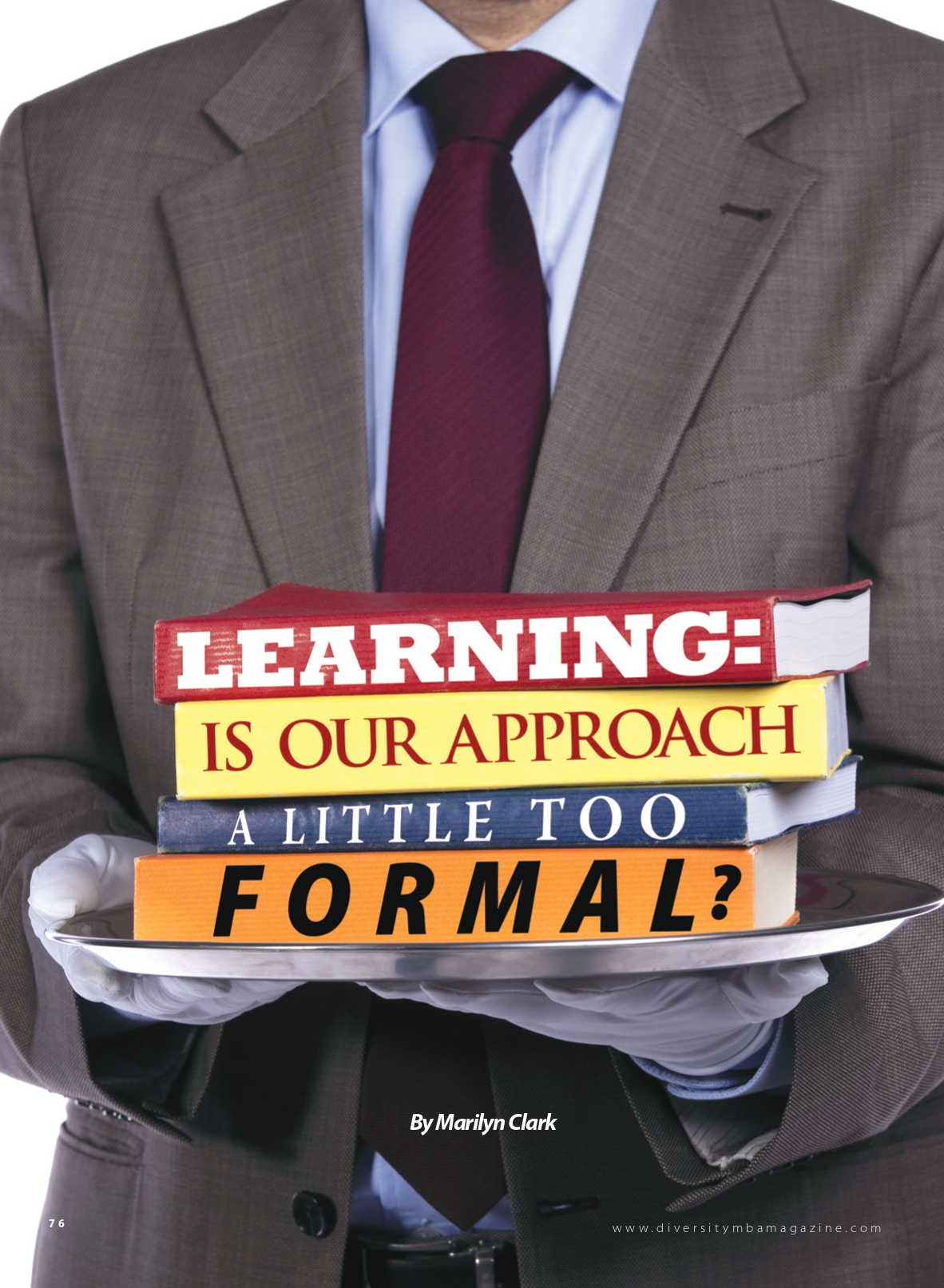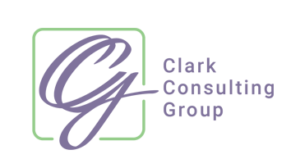While I was working on my doctorate, I began to record my interactions with black women who have realized their leadership goals. The purpose of the research was to assess and define their personal paths to leadership and how those paths were shaped by their experiences as black women. What emerged from the research was that I began to explore the concepts of incidental and informal learning. Informal and incidental learning takes place outside of classroombased activities and beyond a controlled, learning environment. It happens every day. It occurs as a byproduct of another action and is often unexpected.
WISDOM FROM A CHANCE ENCOUNTER
A good example of these forms of learning comes from my own experience. It occurred when I leaving a job. During my last days, a senior executive came to give me well wishes on my new journey. I took the opportunity to inquire about my job performance. He praised my professionalism, my image, my work ethic and my knowledge, but he did have one suggestion for improvement.
“The one thing that I did not see, that I would like to see more of from you is exposure,” the senior executive said.
“Well what do you mean by more exposure?” I responded.
“Just being out there in the business unit, building up relationships,” he answered. “You were very good with getting your work done. No one had a problem with your brand, your work ethic, your dependability or moral compass. But what I would have liked to see more of was everyday talking to the members of your business unit and just working on the social aspect.”
It was by chance that the senior executive stopped by my office; it was free of structure and was very casual. But the encounter was full of substance that gave me insight on my personal business model that I still use today. Incidental and informal learning, though unexpected, can be transformative.
Recently, there have been various articles from reputable publications focusing on leadership development and black women. The articles seem to have a familiar focus — women at the apex of their careers, proudly sharing their “secrets to success.” This approach is the “old imperative” that tends to focus solely on traditional forms of education, leaving out an entire state-of-mind that is shaped by real-life experiences, which give us wisdom about what to do in the midst of doubt. The new imperative focuses on informal and incidental learning and explores such concepts as how to plot a comeback when things don’t work out as planned, or how to assess the progress of personal leadership development .
THE NEW LEADERSHIP IMPERATIVE
It is more important than ever that corporations encourage increased informal learning experiences, not only to develop leadership skills, but also to help the delicate balance of organizational, social and cultural life. Learning through unconventional means recognizes acquired knowledge from each new experience. Informal and incidental learning, which center on day-to-day life experiences and occurrences, are some of the most grossly neglected yet highly proven forms of learning in business. My research suggests that organizations can develop leadership capabilities in all employees, not just those labeled “high performers.”
Individuals retain information effectively when they learn from visceral experiences; this form of learning, however, is heavily dependent on a dual channel of communication.
Everyone from the young upstart to the seasoned CEO to the hard-working administrative assistant has to be able to hear and be heard because it will promote an influx in informal and incidental learning opportunities. Everyone has something to share that could potentially ignite a spark that could lead someone to success, but it can only happen if there are dual lines of communication and open dialogue between the different sectors of the business community.
HOLISTIC EDUCATION
My research suggests that the black woman can benefit from incidental and informal learning. It showed that these forms of learning were not necessarily conscious. Additionally, it inferred that leadership development comes through daily work experience that allowed them to fall forward.
Leadership development specialists should approach education in a more holistic manner and learn to accept more than one relational view. Adult education specialists and researchers who are not trained sufficiently about the convergence of informal and incidental learning and leadership development run the risk of ignoring a significant support system for their clients and staff.
If the lines of communication were open and incidental and informal learning were promoted and expected, all individuals in the business community would benefit. The knowledge and experience that can be absorbed from something as simple as a conversation could stick with future business professionals and motivate them throughout the rest of their professional careers. |dMBA|

Dr. Marilyn A. Clark is a career leadership consultant and executive coach. Her practice works with mid-level to C-Suite female professionals across multiple industries. You can reach her at iammarilynclark.com
A secondary phone number in addition to the one on file where I can be contacted is (312) 969-9262.


